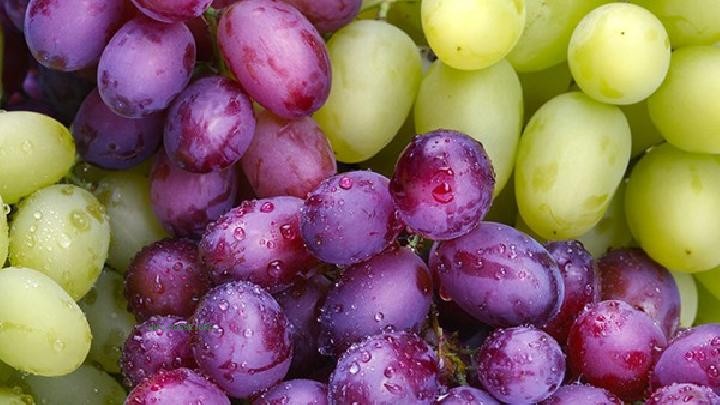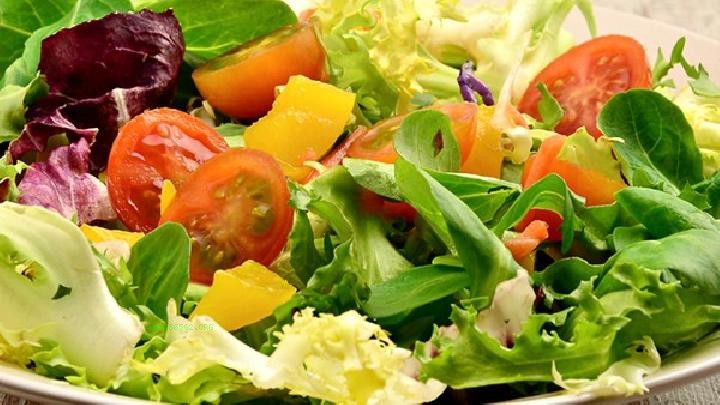What should pregnant women eat to nourish their stomach? This is a concern for pregnant women who pay attention to their diet during pregnancy. There are many foods that nourish the stomach, but not all of them are suitable for pregnant women to consume. So what are the good foods to eat to nourish the stomach during pregnancy?
What to eat during pregnancy to nourish the stomach:
1. Goji berries, Tremella fuciformis, red dates, walnuts, etc. are all good stomach nourishing foods. Pregnant mothers can use these foods as snacks or add them to their meals. The nutrients contained in these foods are very beneficial for the physical health of pregnant mothers and the development of babies, so it is recommended to eat more.
2. Jujube and Ginger Soup: Boil the jujube and ginger together until cooked, take three times a day, and eat 1-2 slices of jujube and ginger. Jujube has the effect of invigorating the spleen and stomach, and is also a food that replenishes blood, which is very beneficial for pregnant mothers. Although there is only one word difference between soy milk and cow's milk, soy milk is a cold food that can irritate the stomach mucosa, so it is not very suitable for pregnant mothers to drink. It is better to drink cow's milk.
4. Mantou is also a recommended stomach food. Especially if the stomach hurts, this kind of soft food is more suitable for pregnant mothers to eat as a staple food.
During pregnancy, it is important to pay extra attention to your diet. Only by eating the right foods can you ensure the health of both the pregnant woman and the fetus:
1. Do not consume excessive amounts of vitamin A. Pregnant women who consume too much vitamin A can lead to premature birth and incomplete fetal development, so they can only consume 400-1250 micrograms of vitamin A per day. Pig liver is extremely rich in vitamin A, and pregnant women should avoid overeating.
2. Limit the consumption of beverages containing caffeine. Excessive intake of caffeine can affect fetal bone growth, potentially leading to finger and toe deformities, as well as increased risk of miscarriage, premature birth, and low birth weight in infants. It is best to avoid drinking beverages containing caffeine. If necessary, do not drink more than 2 cups of coffee or 3 and a half cups of strong tea per day.
3. Avoid drinking alcohol. If you drink too much alcohol, it can cause fetal deformities, affect fetal intelligence and physiological development, so basically avoid drinking. 2 glasses of beer or 1 glass of wine is the limit. 4. Avoid eating too many high sugar and high-fat foods. For example, soda, sugar and potato chips can make pregnant women overweight, thus increasing the incidence of pregnancy induced diabetes and pregnancy induced hypertension. In addition to increasing the chances of diabetes and high blood pressure in the future, it will also be difficult to deliver.
4. Avoid eating too many high sugar and high-fat foods. For example, soda, sugar and potato chips can make pregnant women overweight, thus increasing the incidence of pregnancy induced diabetes and pregnancy induced hypertension. In addition to increasing the chances of diabetes and high blood pressure in the future, it will also be difficult to deliver.
Fruits that can be eaten during pregnancy:
Apples
Apples contain a variety of vitamins and minerals, malic acid, tannic acid, and fine fiber. Eating more can prevent excessive obesity and is also helpful for fetal development. In addition, apples also have a regulatory effect on gastrointestinal function. If eaten together with the skin, it can improve constipation or diarrhea.
Cherries
Among all fruits, cherries are particularly rich in iron, almost 20 times more than apples, oranges, and pears. Therefore, pregnant women should eat cherries more, which is very helpful for the fetus. Many pregnant women often eat cherries, giving birth to babies with a rosy and healthy complexion.




Comments (0)
Leave a Comment
No comments yet
Be the first to share your thoughts!